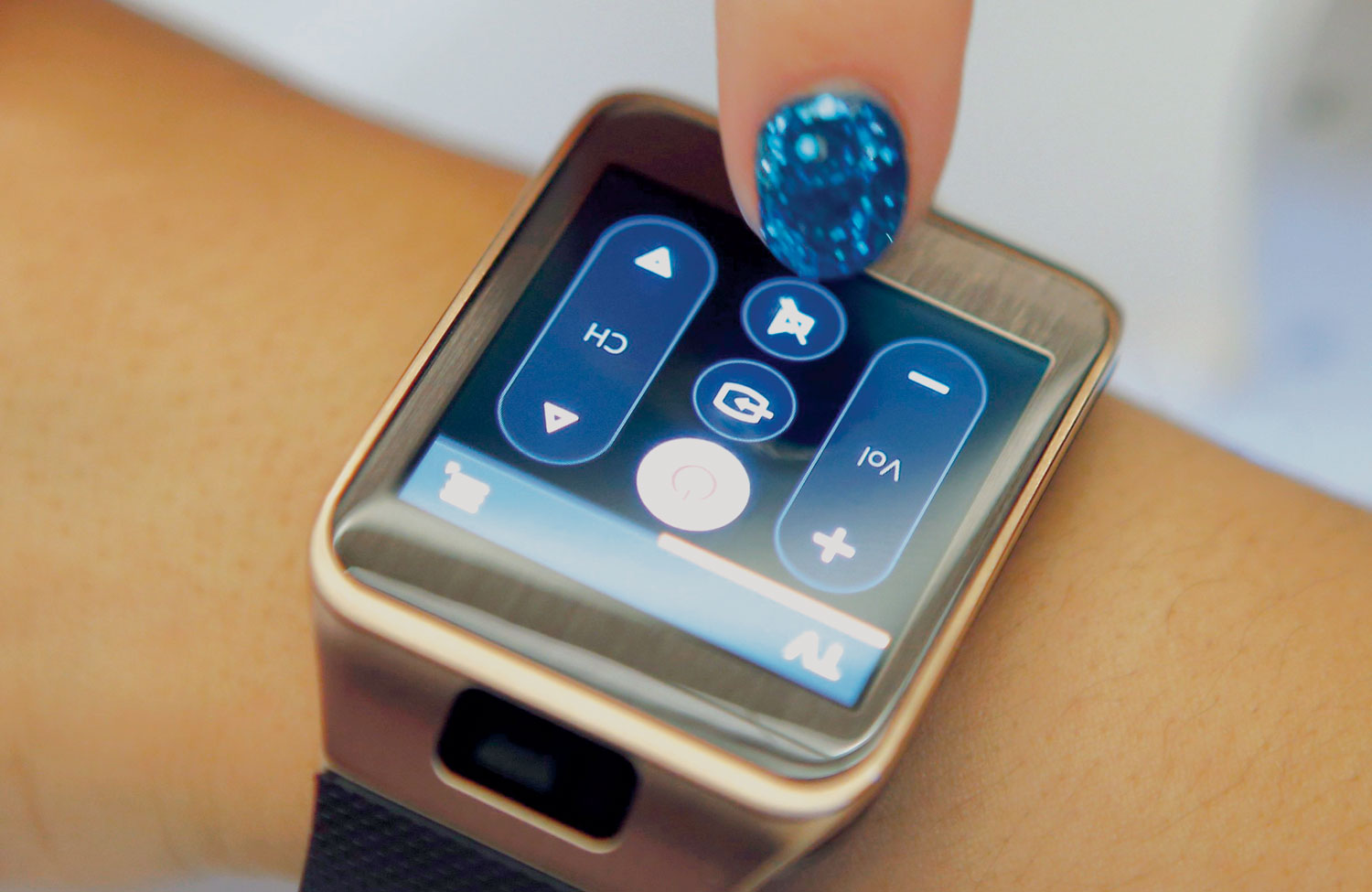

Bangalore: The Apple Watch was able to detect irregular heart pulse rates that could signal the need for further monitoring for a serious heart rhythm problem, according to data from a large study funded by Apple Inc, demonstrating a potential future role for wearable consumer technology in healthcare. Researchers hope the technology can assist in early detection of atrial fibrillation, the most common form of irregular heart beat. Patients with untreated AF are five times more likely to have a stroke. Results of the largest AF screening and detection study, involving over 400,000 Apple Watch users who were invited to participate, were presented on Saturday at the American College of Cardiology meeting in New Orleans.
Of the 400,000 participants, 0.5 per cent, or about 2,000 subjects, received notifications of an irregular pulse. Those people were sent an ECG patch to wear for subsequent detection of atrial fibrillation episodes.
A third of those whose watches detected an irregular pulse were confirmed to have atrial fibrillation using the ECG technology, researchers said. Some 84 per cent of the irregular pulse notifications were later confirmed to have been AF episodes, data showed.
The study also found that 57 per cent of participants who received an alert on their watch sought medical attention. Dr Deepak Bhatt, a cardiologist from Brigham and Women’s Hospital in Boston who was not involved in the trial, called it an important study as use of this type of wearable technology is only going to become more prevalent.
Researchers urged caution by doctors in using data from consumer devices when treating patients. But they also see great future potential for this type of technology. “Atrial fibrillation is just the beginning, as this study opens the door to further research into wearable technologies and how they might be used to prevent disease before it strikes,” said Lloyd Minor of Stanford School of Medicine. — Reuters
Oman Observer is now on the WhatsApp channel. Click here



